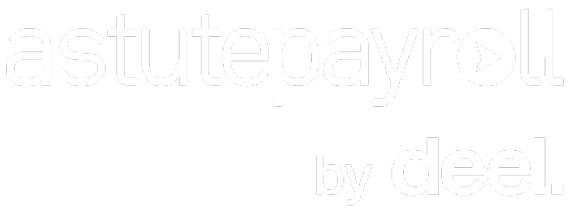What is Link Spam?
Link spam refers to backlinks that are generated with the core purpose of manipulating the rankings in the SERPs. Link spam is typically classed as a black-hat SEO tactic.
Just like any other manipulation tactic on Google to increase organic search visibility, link spam violates Google’s policies and can result in a manual action.
Examples of link spam, include:
- Buying and selling links
- Creating links to a website through automated programs
- Excessive link exchanges and pages used solely for cross-linking
- Forum comments with over optimised, keyword rich links
Is Link Spam Important?
Google has anti-spam algorithms and updates to combat link spam, although it’s not 100% foolproof. Manipulative tactics still exist.
It’s much harder to get away with link spam today than it was a few years ago but it’s still a problem. Some ‘shady’ niches rely entirely on black-hat methods and link spam for SEO as getting legitimate editorial links is impossible. And evidence also shows that even some ‘legitimate’ niches have had success with black-hat SEO.
Link spam like other black-hat SEO tactics goes against Google’s guidelines. Doing so can get you penalties and hurt your site’s long term visibility in the search results.
If you’re committed to long term growth for your site, taking shortcuts is rarely if ever an option.
How To Avoid Link Spam?
The stronger your backlink profile the more authority your site has in Google’s eyes and the higher you will rank in the search results. Links are the currency of the internet and the existence of link spam proves their value.
But link spam is not the answer even though backlinks are important for your site and traffic. Google has systems in place to detect and fight link spam so it’s a risky tactic that can harm your site in the long run.
To avoid link spam stick to white hap SEO and earn quality backlinks through valuable content. Several link building strategies can deliver the results and boost your search rankings without the potential of receiving a penalty.
Recommended strategies include:
- Content Promotion: Promote your content through influencers, online communities or social media advertising to get more links.
- Linkable Assets: Create content that’s designed to attract links such as how-to guides, studies, infographics and surveys.
- Competitor Link Replication: Identify and get links from pages that already link to your main online competitors.
- Guest Posting: Write high quality articles for blogs in your niche and get a link back to your website.
Don’t Do…
- Purchase links and use Private Blog Networks (PBNs): Some sites buy links and don’t get penalties but it’s often a waste of money on low quality links that have no impact on search rankings. You also risk getting a penalty from Google.
The goal is to focus on ethical link building and creating valuable content you can increase your site’s authority and search rankings without the risky tactics.










